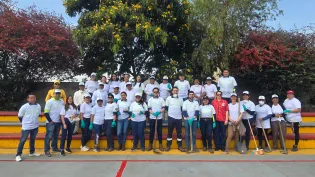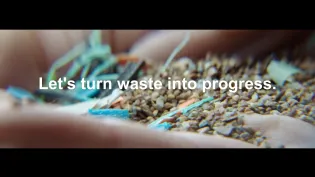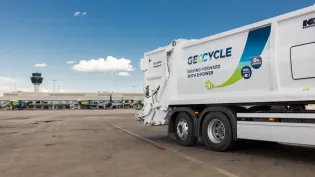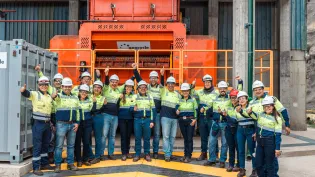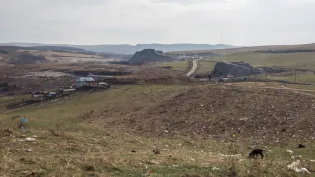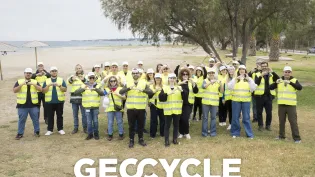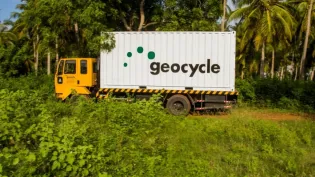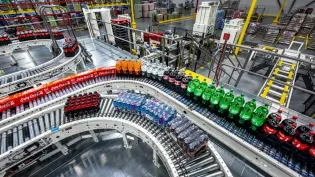Helping mitigate wildfires in Greece through waste management
Greece was hit hard by wildfires in 2023 with more expected in the future as risks of climate change continue to rise.
Geocycle Hellas’ waste management solutions tackle this issue by removing hazardous combustible materials from groves and residential areas.
The importance of managing biomass to reduce wildfires
In July 2023, scorching temperatures of up to 45°C led to mass wildfires across Greece, burning up to 1,800km2 of land.
The prevalence of wildfires is generated by changes in the landscape, increasing temperatures, prolonged droughts and the accumulation of dry biomass. This biomass includes timber, plants and other organic materials left behind after a fire. Combined with limited national forest management, this encourages fires to spread, putting urban areas and forests at risk.
Currently, Greece has few preventative and legislative measures in place to mitigate wildfires. Due to high costs and limited available land, the country lacks the sufficient infrastructure or space needed to collect and dispose of green waste properly. Burnt biomass from past fires is frequently chopped or shredded and returned to the forest to use as fertilizer. This fertilizer can quickly dry out in high temperatures and becomes quick-burning fuel, increasing the risk of wildfires.
Recycling is also inconsistent, with many potential resources sent to landfills.
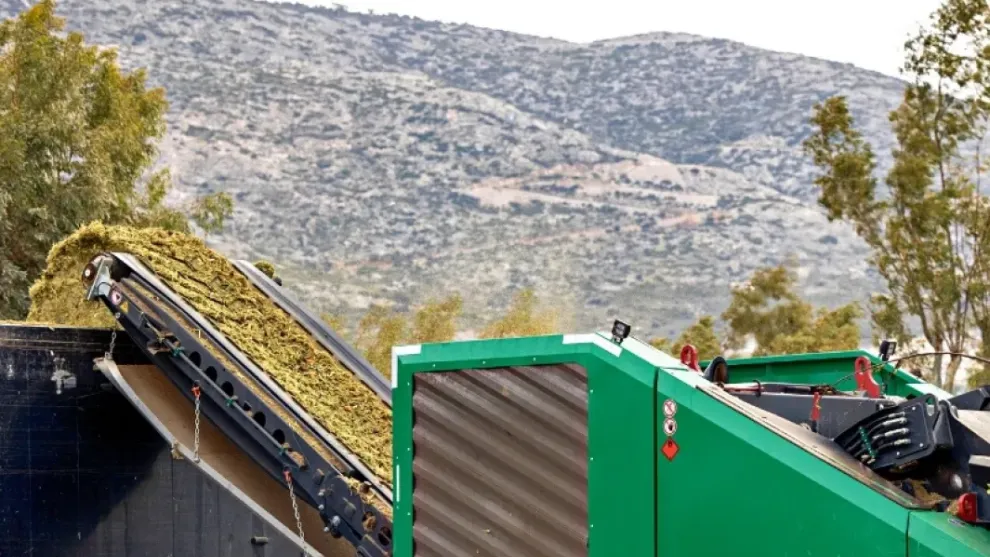
Transforming wildfire debris into alternative resources
Geocycle Hellas responds to the need for municipal waste management by removing potentially combustible materials, such as dry grass and wood from previously affected areas. By clearing this waste, we contribute to fire protection and facilitate access for fire-fighting vehicles.
Our circular solutions for sustainable waste management have also reduced landfilling. In 2023, Geocycle Hellas treated over 40,000 tons of mixed green waste that would otherwise have ended up in landfill, contributing to the prevention of fires.
The waste collected is sent to one of two Geocycle facilities located in Greece. It is then shredded to reduce its size and enable energy recovery for cement production.
These facilities also encourage the local municipalities to learn more about the importance of recycling to protect our cities and the environment.
"I would like to highlight the professionalism with which Geocycle operated. The team fully respected the forest ecosystem and the instructions of the forest officials to achieve absolute success.”




